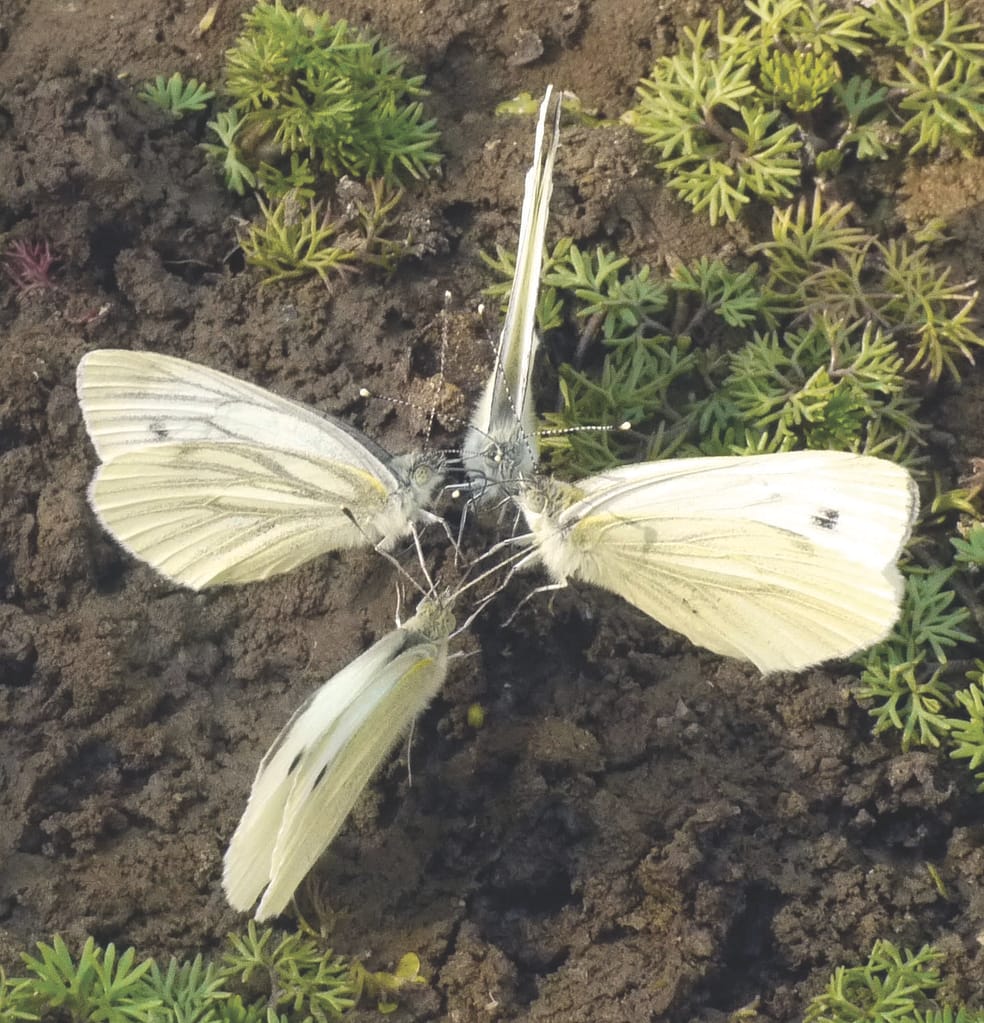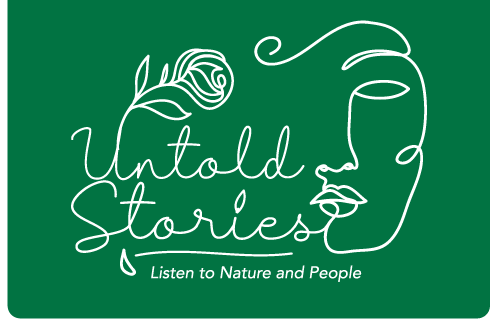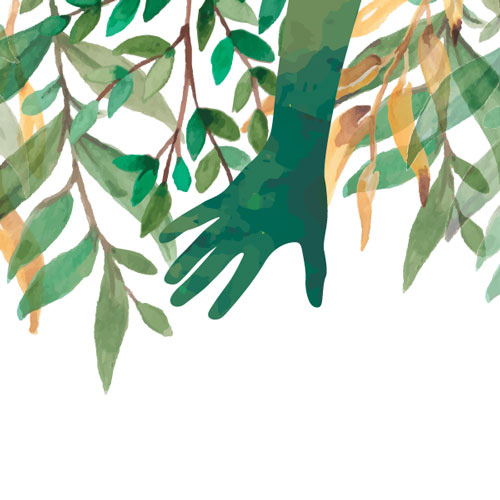The year is 2039. Our venue: the central chamber of the Colne Bioregion Council, in Hemel Hempstead. And standing up in an otherwise seated circle of fifteen humans is a young lady with braided hair and a name badge that says simply ‘Fish’.
Since the rapid rise to power in Westminster of the Earth Party—following the populace’s growing disillusionment with the previously mainstream parties, especially their inertia and sickening dishonesty in the face of escalating ecological crises—England’s political geography has been overhauled and councils reshaped within biologically meaningful boundaries.
The bioregional council in question has been mandated to represent and safeguard the interests of the residents of the River Colne’s catchment. And residents, in the vision of the Earth Party, is a class that encompasses all living beings.
The present item on the agenda is the formulation of a new management plan for the River Ver, a chalk stream whose water joins the Colne near Bricket Wood. Over-abstraction from this river by humans during the past few decades has seen her levels be depleted and wildlife killed.
After the representative for Fish makes their case, other voices will be heard: those of riparian trees, river-dependent birds, aquatic invertebrates, and more. Humans, as they previously did, have a voice too, but now it is one among many. In other words, the political system built on the twisted ideology of human supremacy has been toppled.
After the representative for Fish makes the case for these beings, other voices will be heard: those of riparian trees, river-dependent birds, aquatic invertebrates, and more. Humans, as they previously did, will have a voice too, but now it is one among many.
After every voice is heard, and a discussion has ensued, no sensible judge of the proceedings could argue that watering golf courses, power-jetting driveways, and taking long showers were more important than the thing that these acts displace: a healthy home for a multitude of non-human neighbours.
And so non-humans have been given a fair chance at life. The local ecosystem will benefit inordinately. And with it, humans will thrive too, now and into the future.
Meanwhile, the idea that no standpoint other than a human’s was officially recognized in political proceedings is already beginning to seem archaic.

For a free-to-access article in The Ecological Citizen that explores the concepts presented here in more detail, please visit: https://www.ecologicalcitizen.net/article.php?t=ecodemocracy-operationalizing-ecocentrism-political-representation-non-humans.
And for further general information on the idea of ecodemocratic representation, please see https://ecodemocracy.uk/, which is a microsite of https://deepgreen.earth/.



